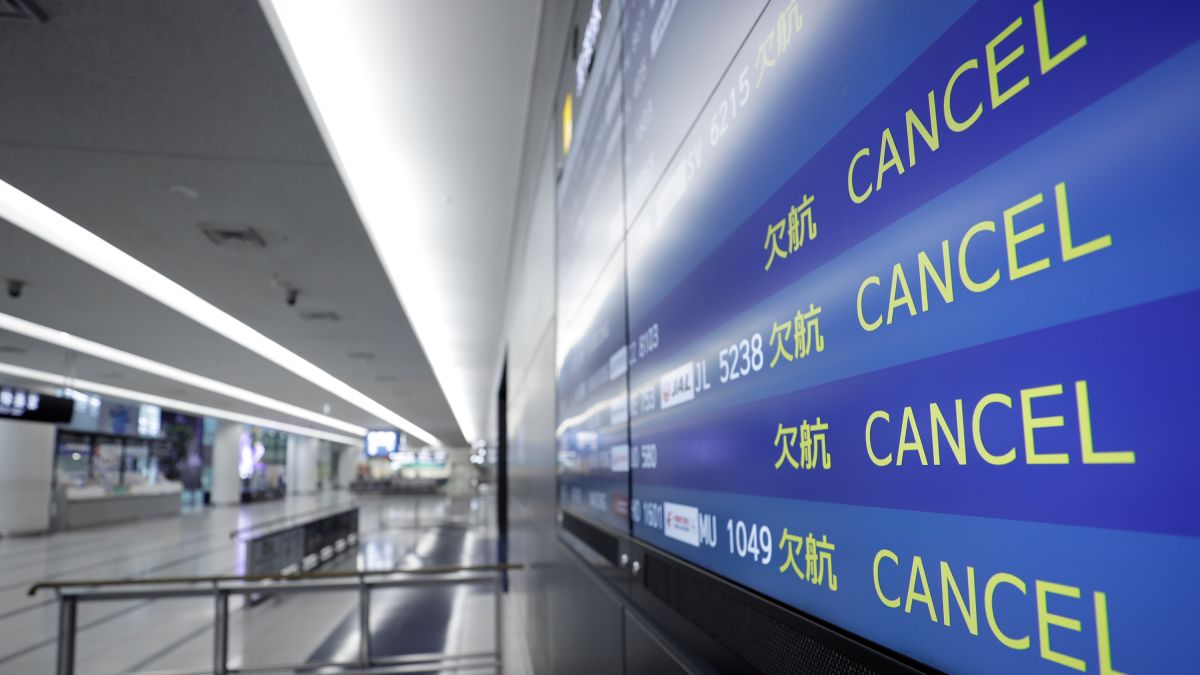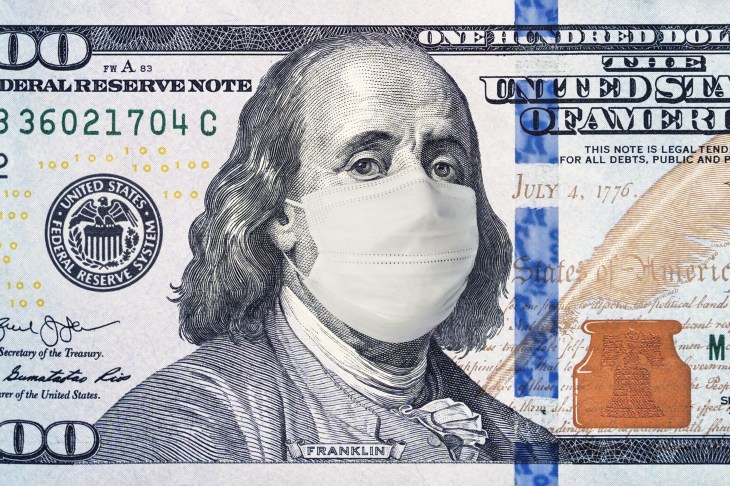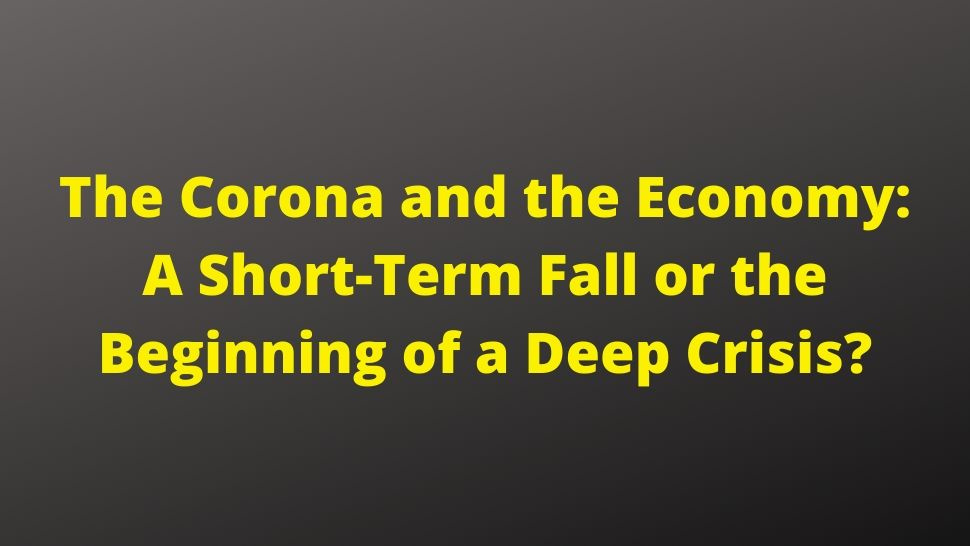And while, according to the BBC, movie distributors can handle it financially, cinemas around the world will surely suffer from the absence of this blockbuster. Meanwhile, the spread of the virus corona has seriously shaken many other sectors of the economy.
According to the United Nations Organization - UNCTAD - 42 of the 100 largest multinational companies in the world say they are facing the problem of a profitable business. This means that they have to reduce investment allocations, which will have a negative impact on banks' operations and then on the rest of the economy.
As a result, IHS Markit, a London-based economic research firm, estimates that global economic growth will be 1.7 percent this year, well below the February optimistic forecast of 2.5 percent.
This company believes that regardless of the negative effects of the coronavirus, the US economy is strong enough to avoid recession.
"Europe is likely to be hit harder because Germany and Italy were close or already in recession and before the epidemic. It can also drag the rest of the Eurozone into recession, ”estimates HIS Markit.
Therefore, global supply chains "are no longer just 'disrupted' but in the process of being shut down," Stephen Innes, an analyst at AxiCorp, an Australian online financial services company, told CNN.

Corporate Debts Greater Than 2009 Corporate Debt
Growth is Making it Harder because after the 2008 financial crisis, companies based their expansion on too much borrowing using "cheap money" because governments and central banks sought to help the economy with various incentive measures such as " quantitative easing ”.
Using low-interest rates, companies issued bonds to expand their businesses.
Thus, corporate debt outside the banking sector has grown to $ 75 billion at the end of 2019, up from $ 48 billion at the end of 2009, according to the Washington Institute of International Finance.
Now, as CNN reports, the bill can be collected and thus increase economic damage and further shake up financial markets.

"Spirit is out of the bottle"
This is threatening airlines with $ 113 billion in revenue this year, the International Transport Association warned. The stock of the largest companies in the sector fell by more than 19 percent on the US stock exchanges on Thursday.
British regional carrier Flybe announced in early March that it had gone bankrupt due to a fall in travel demand, making it the first casualty of the aviation coronavirus epidemic.
Germany's Lufthansa has announced it will halve its capacity in the next few weeks, landing the largest overseas aircraft.
It gives the airlines little consolation that the price of oil has dropped from more than $ 50 a barrel at the beginning of the year to about $ 30 because cheaper tickets have far greater fears of people around the world about contagion - combined with increasingly restrictive travel measures to try to curb travel virus.
At the same time, German sportswear maker Adidas has announced it is threatening to lose 1 billion euros in sales in China, including Hong Kong and Macau, as well as Taiwan, in the first three months of the year due to the epidemic.
This is why governments around the world are trying to mitigate the economic impact of aid packages on the most vulnerable sectors, companies but citizens - such as reducing interest rates both to stimulate spending and ease existing debt, then delay debt collection, a moratorium on debt repayment to small businesses and to households in economic distress, as well as financial support to quarantined citizens for contagion.
Admittedly, there are different estimates of the scale of the economic crisis.

Trump does not acknowledge the crisis
So US President Donald Trump declared "this is not a financial crisis". Announcing Friday's $ 50 billion aid package, he emphasized that "this is only a temporary situation that we will overcome together as a state and the world."
US Treasury Secretary Steven Mnuchin also believes that "there is no doubt that this is a short-term economic problem that we will solve."
The attitude of some European officials is similar. Thus, the Governor of the Banque de France François Villeroy de Galhau said that "this slowdown is potentially serious but temporary".
He added that "faced with an emergency, we have to keep our eyes wide open but keep our heads cool."
However, many politicians and analysts around the world warn that the economic consequences will be felt in the long run, even if the epidemic comes down with the advent of warmer weather.
So Singapore Foreign Minister Vivian Balakrishnan told CNBC that as the virus spreads, countries around the world must be prepared to face economic consequences that will be negatively reflected for at least a year.
"The spirit came out of the bottle," warned the Singaporean Foreign Minister.




Share the News